What is a Learning Style?
A learning style is a preferred way of absorbing, processing, understanding and interpreting information. Everyone has a learning style. It’s important to note that one learning style isn’t better than another, but all are unique to every child and adult.
2 Comments
Some of us feel a little apprehension about starting a new school year alongside our children. This can especially be difficult for parents of children who struggle with reading, writing, math, staying focused or being organized.
Transition and change for kids of all ages isn’t always easy. Transitioning from a long summer break back into the old school routine is harder yet. For children and older kids with disabilities, the back to school transition can be intensely challenging for the entire family. Here are some tips that helped us get back in gear for school routines!
What does it mean to have Sensory Processing Disorder (SPD)?
You may have heard the terms, “sensory processing disorder, sensory integrated dysfunction, or sensory related issues.” Sensory Processing Disorder (SPD) is a condition that causes the brain to have difficulty with receiving and sending messages with other senses. You may have heard the term, “sensory overload.” This phrase is often used to describe what a child or adult is experiencing when there is too much information for one or more of their senses to process. Children and adults who experience issues with sensory processing disorder may struggle with academic performance, making friends, diet and eating, participating in the community, challenging behavior, and more.
Bullying has been around for far too long to be a passing fad. It’s an infectious direction that tends to spread quickly if the climate allows for it. It’s the end of October, and this is the month for which parents, students, educators, and members of our community work together to raise awareness about bullying and how to prevent it. However, our combined efforts shouldn’t begin and end in the month October, we must all work hard on bullying prevention throughout the year – every year.
Many of us have been anxiously waiting for the premier of the pilot episode for “Speechless.” The show debuted last night and I have to write that it didn’t disappoint. In fact, it was on-point! Speechless is about an American family of five that includes a teen with special needs. The story line is centered around their incredibly, resilient and humorous ability to cope with the many challenges faced by special needs families today. As parents of children with disabilities, we can all relate to Minnie Driver’s character, “Maya,” who is a relentless and fierce mother who will stop at nothing to protect her son JJ (played by Micah Fowler).

As our children get older, it’s time to think about self-determination, independent living, continuing education, career choices, financial literacy, relationships, and community involvement. All of these important topics whirl around in the minds of parents and students as graduation and the end of their public school years gets closer. Having a well written Transition IEP (Individual Education Plan) will help to increase successful post-school outcomes for the student.

My family and I have always been active members of our community. When people in the community see Richie with us, we’re often asked about how to approach him, professionals often ask for tips on how to work with kids like him. I appreciate the willingness of others reaching out to make a connection with my son. I most certainly welcome the interest in learning by asking questions, over staring and silence. For me personally, the blatant stare is so much more intrusive than just asking a question (take a look at my article on 10 things you shouldn’t say to parents of children with special needs).
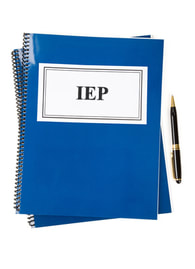
Planning to attend an IEP (Individualized Education Plan) meeting sometimes causes many parents stress and anxiety. I remember the days I dreaded IEP season. I can remember some IEP meetings that were so challenging, we needed to plan another meeting to revisit unsettled topics. But, there were also many successful meetings that were over in less time than the scheduled hour. Being prepared, confident, and well informed will help decrease feelings of anxiety, and the meeting may not be as dreadful as you might have expected it to be.

If your child is just starting to receive special education services in the public school system, it is extremely important to learn about special education processes, beginning with understanding the IEP (Individual Education Plan) document and all of its components. The IEP is important to your child’s education, but it can be as equally confusing to understand.
|
Author: Christine Goulbourne
|
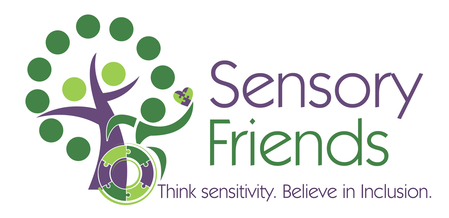
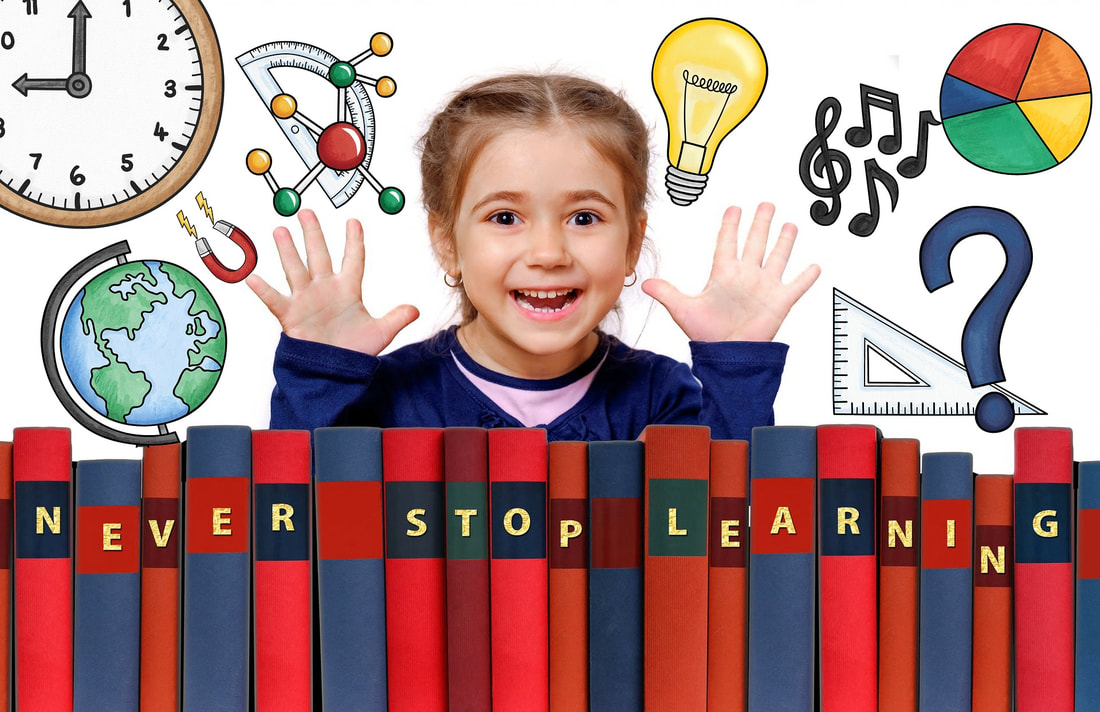
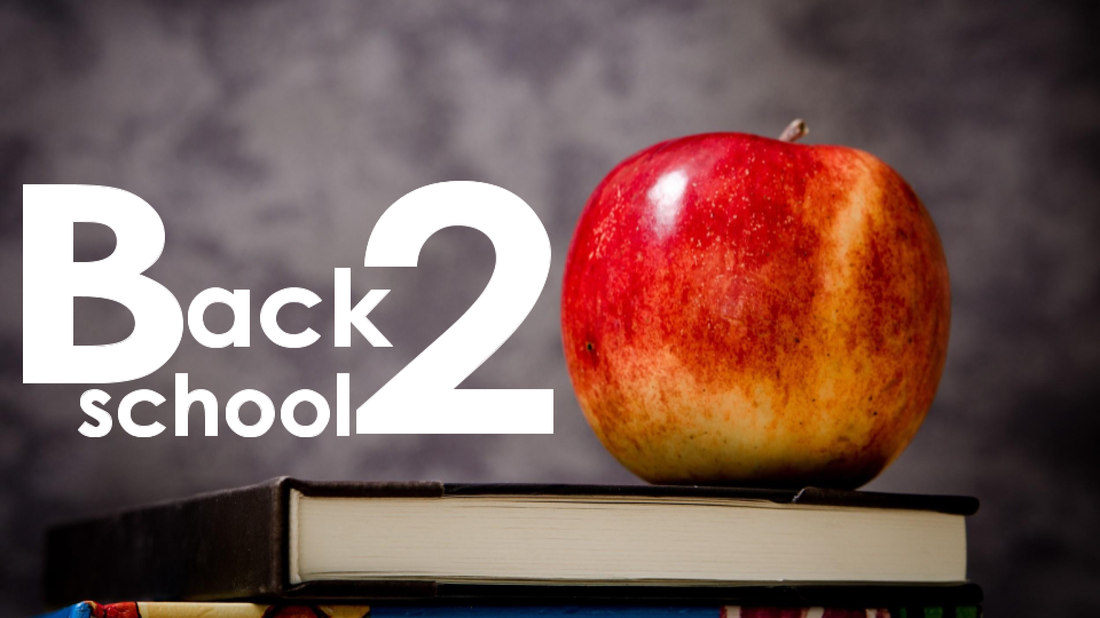
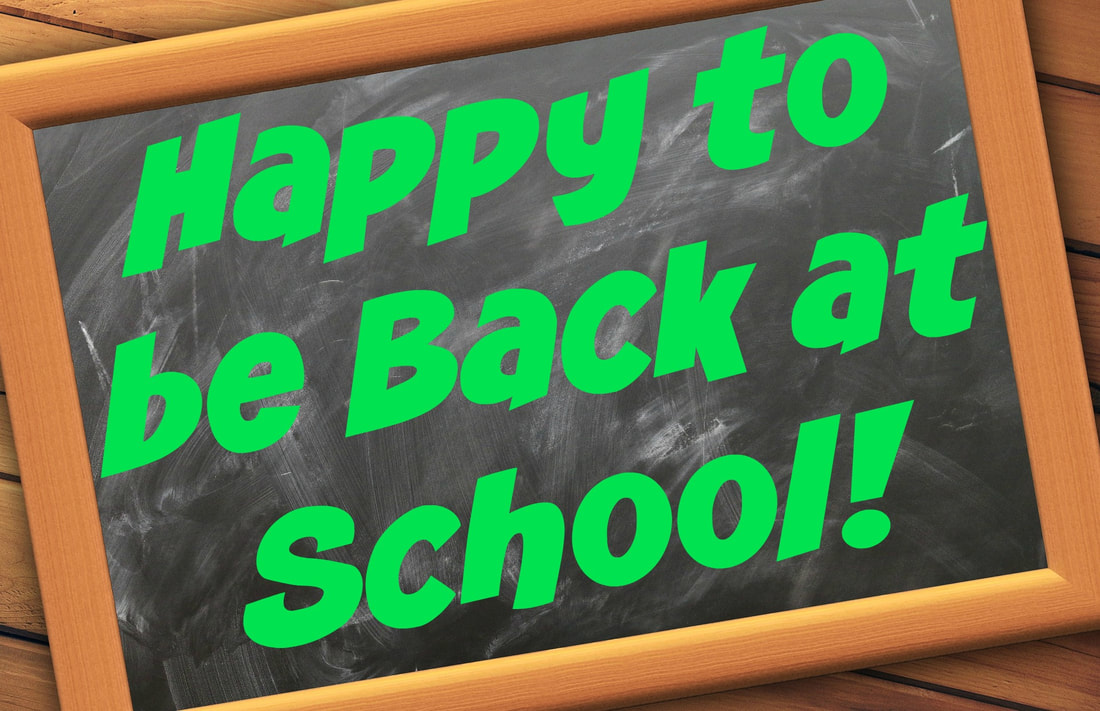


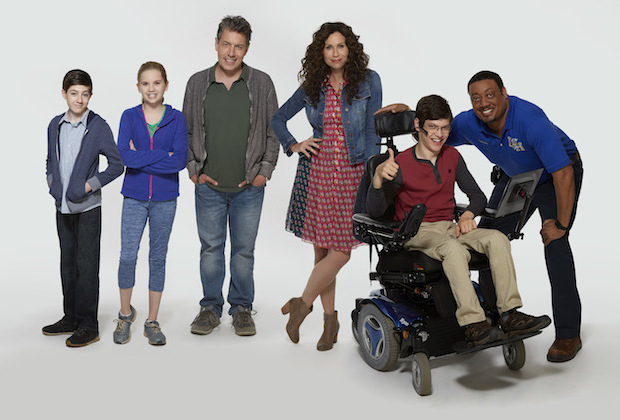
 RSS Feed
RSS Feed